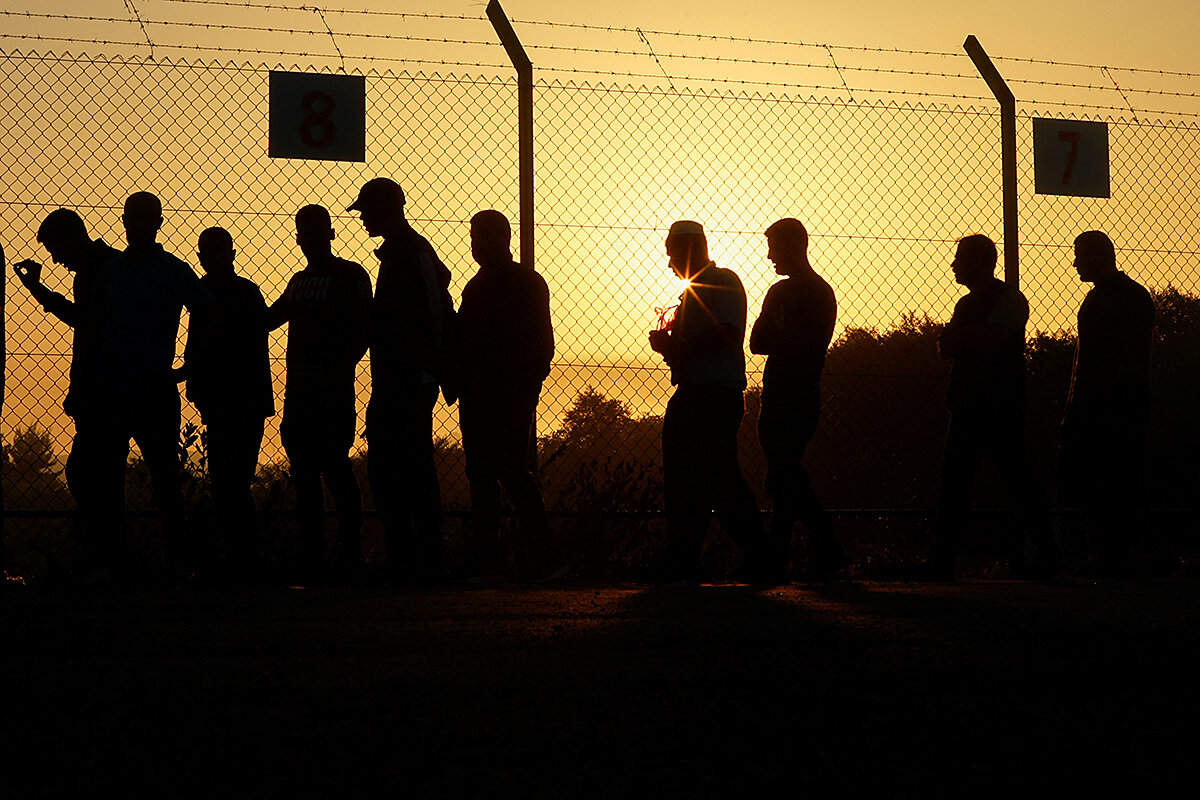Good jobs and reliable infrastructure propel prosperity. People notice when they’re missing but don’t always remember them in the voting booth.
Monitor Daily Podcast
- Follow us:
- Apple Podcasts
- Spotify
- RSS Feed
- Download
 Ken Makin
Ken Makin
I have often heard alumni of historically Black colleges and universities say that HBCUs molded them or even made them when it comes to their professional careers.
When I say that “HBCUs made me,” I’m speaking more literally. My parents met at what is now South Carolina State University, a historically Black school and land-grant institution, in the early 1970s. Without SCSU, I wouldn’t be here.
I was reminded of my land-grant roots when the U.S. secretaries of education and agriculture called for 16 state governors to equitably fund land-grant HBCUs last week. That declaration – and a $12 billion disparity – ring loudly during a period the Biden administration has designated as HBCU Week.
My love and appreciation for HBCUs goes beyond the familial and the familiar. (I attended land-grant HBCU Florida A&M University some 30 years after my parents met.) The role and relevance of Black schools speaks to a more radical love – the desire and urgency to educate Black children.
This is why a Second Morrill Act was needed. The First Morrill Act of 1862 set aside state funding for the establishment of land-grant universities. But it excluded Black people. Saying that Black institutions have done more with less would be an understatement. Aside from the profound financial gap, HBCUs have dealt with threats both foreign and domestic. My parents met only a few years after the Orangeburg Massacre at South Carolina State.
Nevertheless, these houses of Black education, rooted in radicalism, have persevered. Beyond their role in the making of professionals, HBCUs continue to be havens for community and conscience, seeing a noticeable uptick in enrollment since the summer of discontent in 2020.
In that way, the $12 billion gap could be considered “seed funding,” not only addressing the generational underfunding of Black schools, but also cultivating the next chapter of HBCU love stories.









